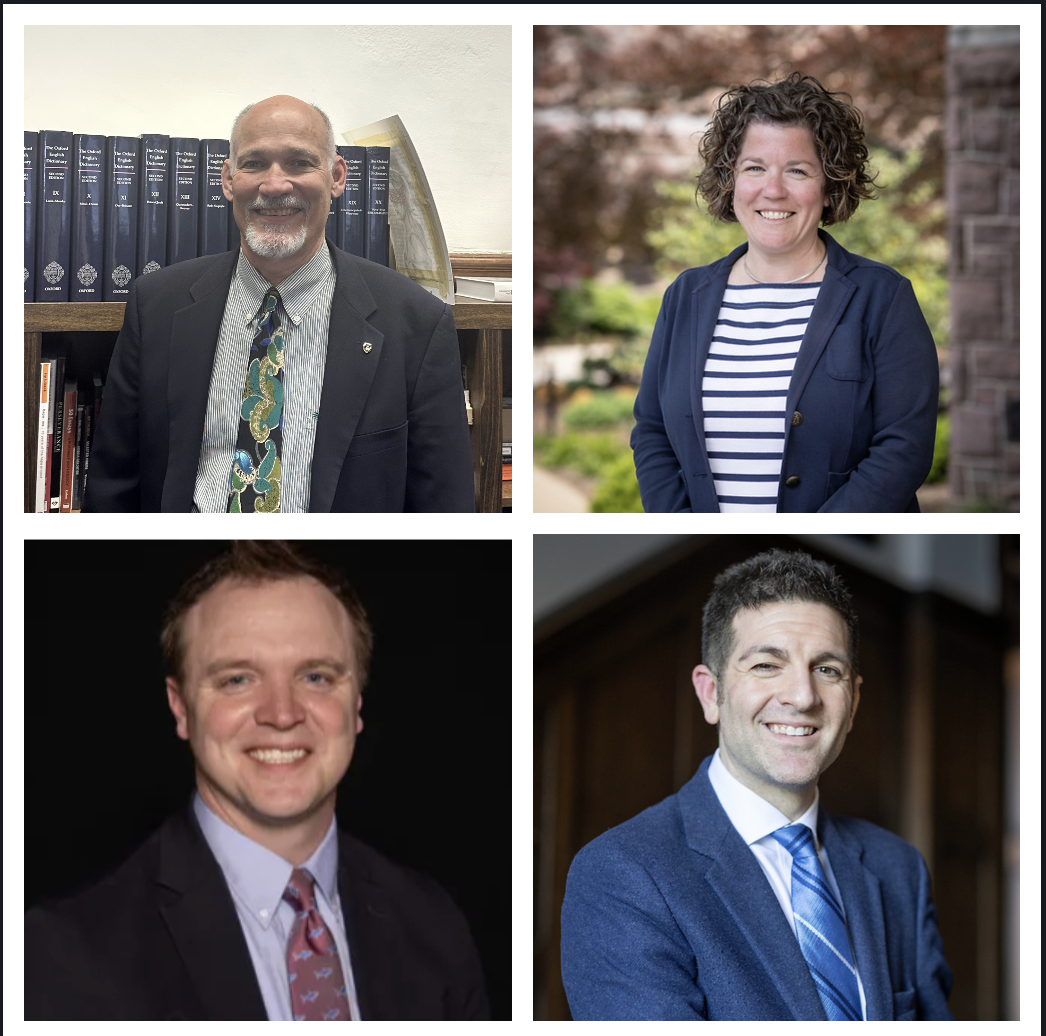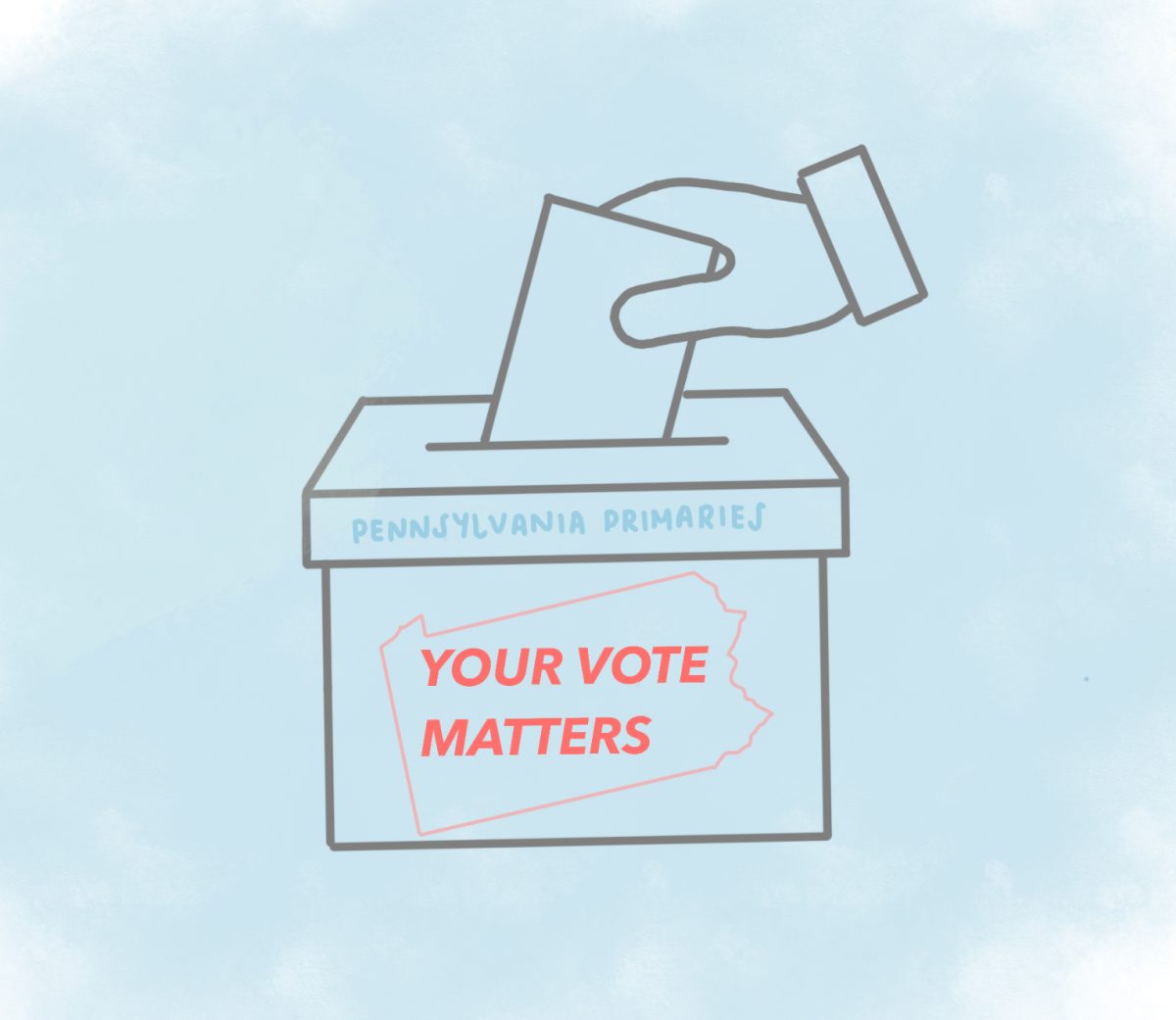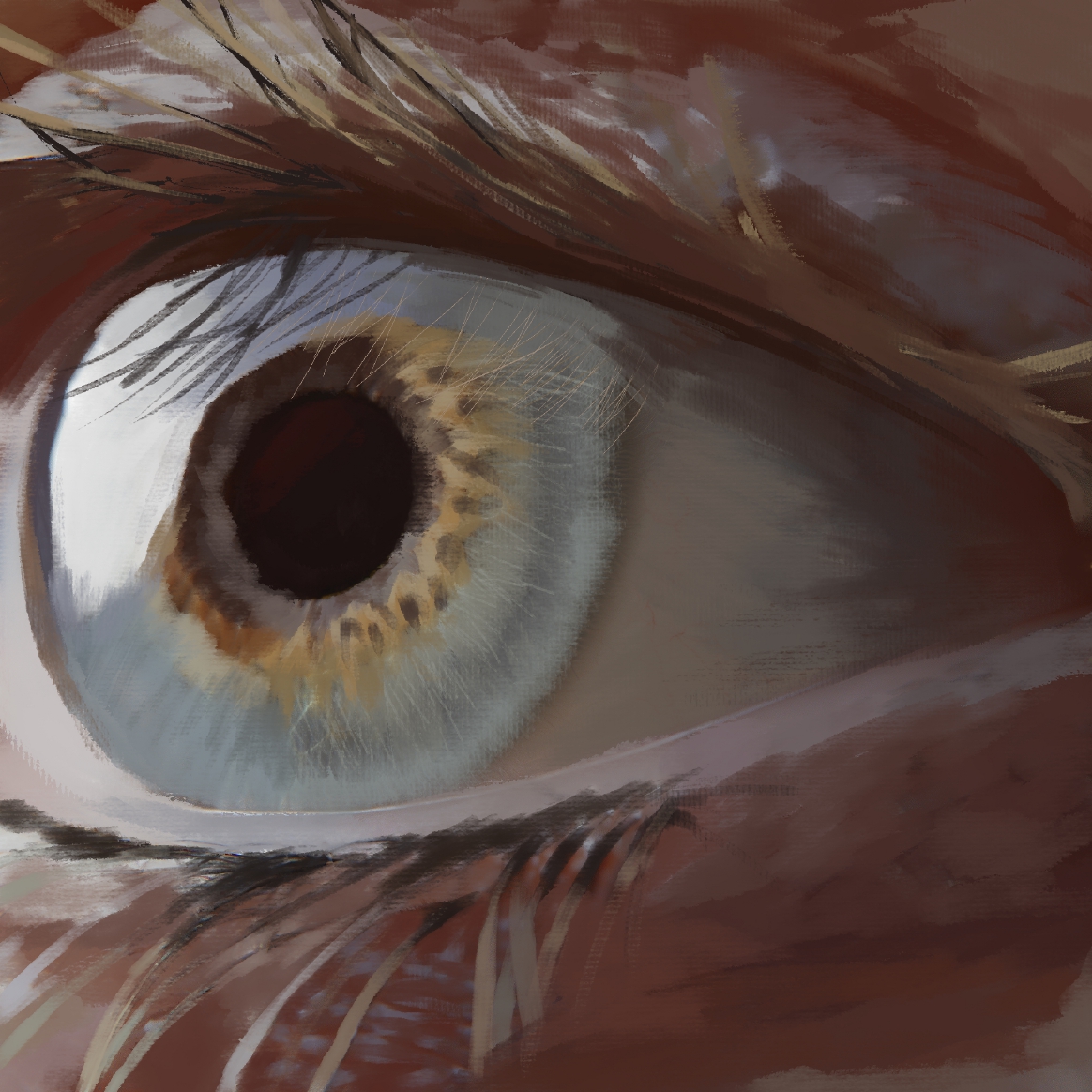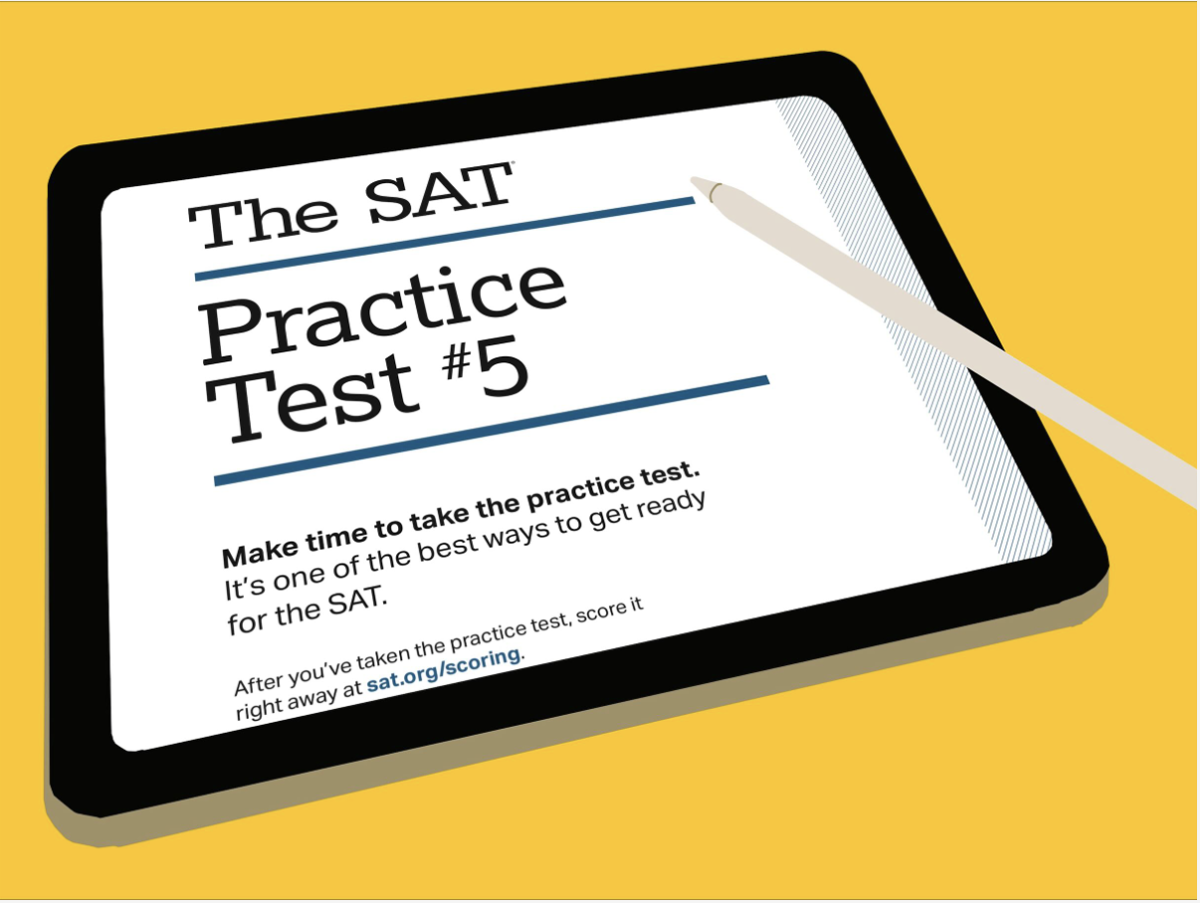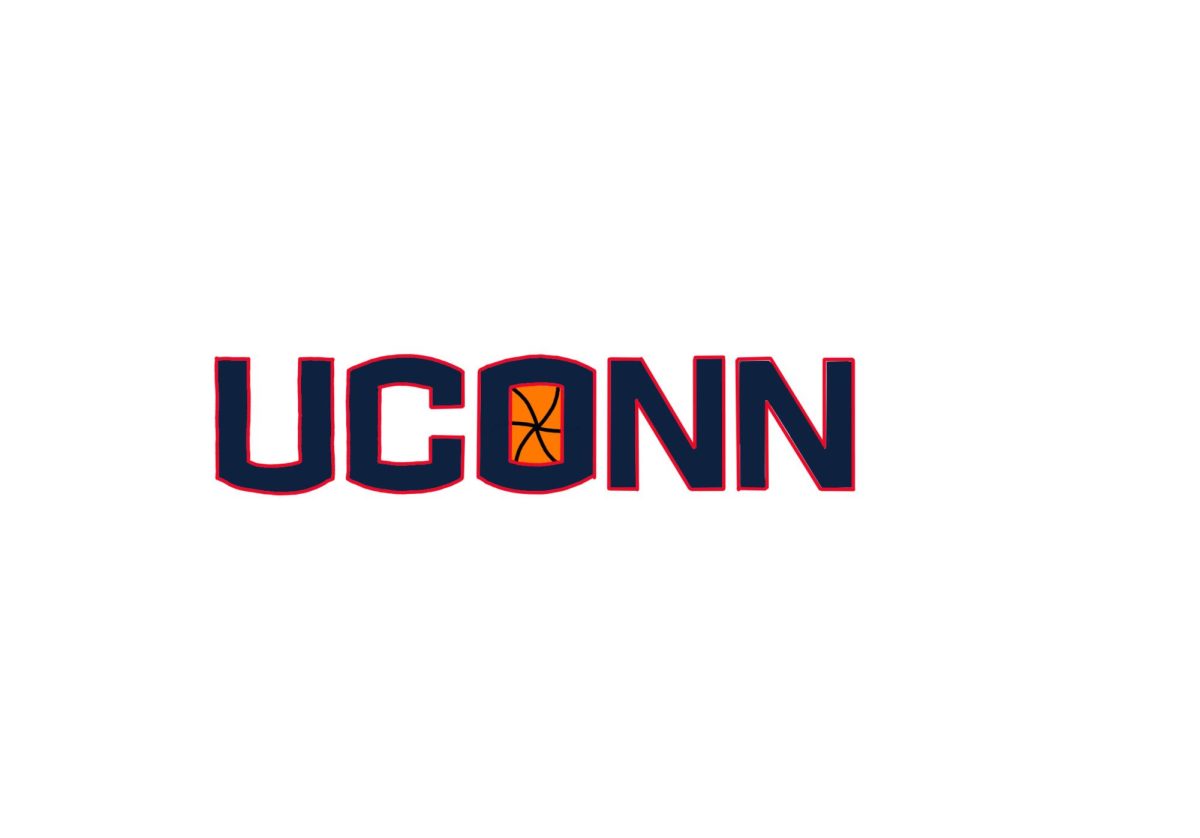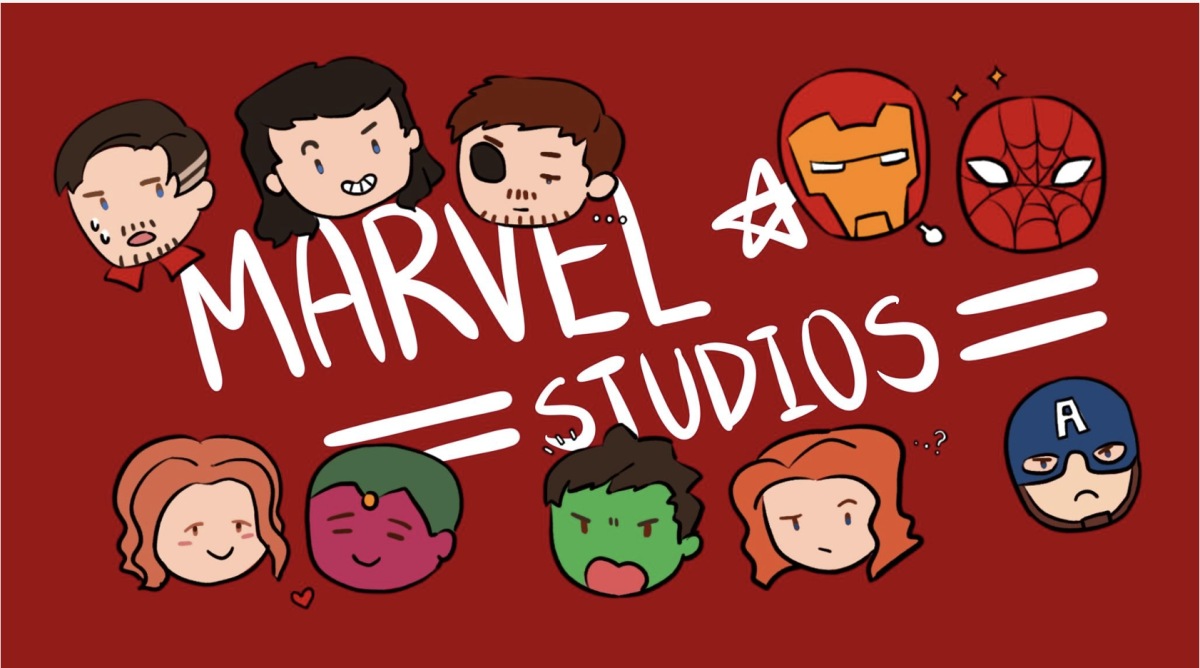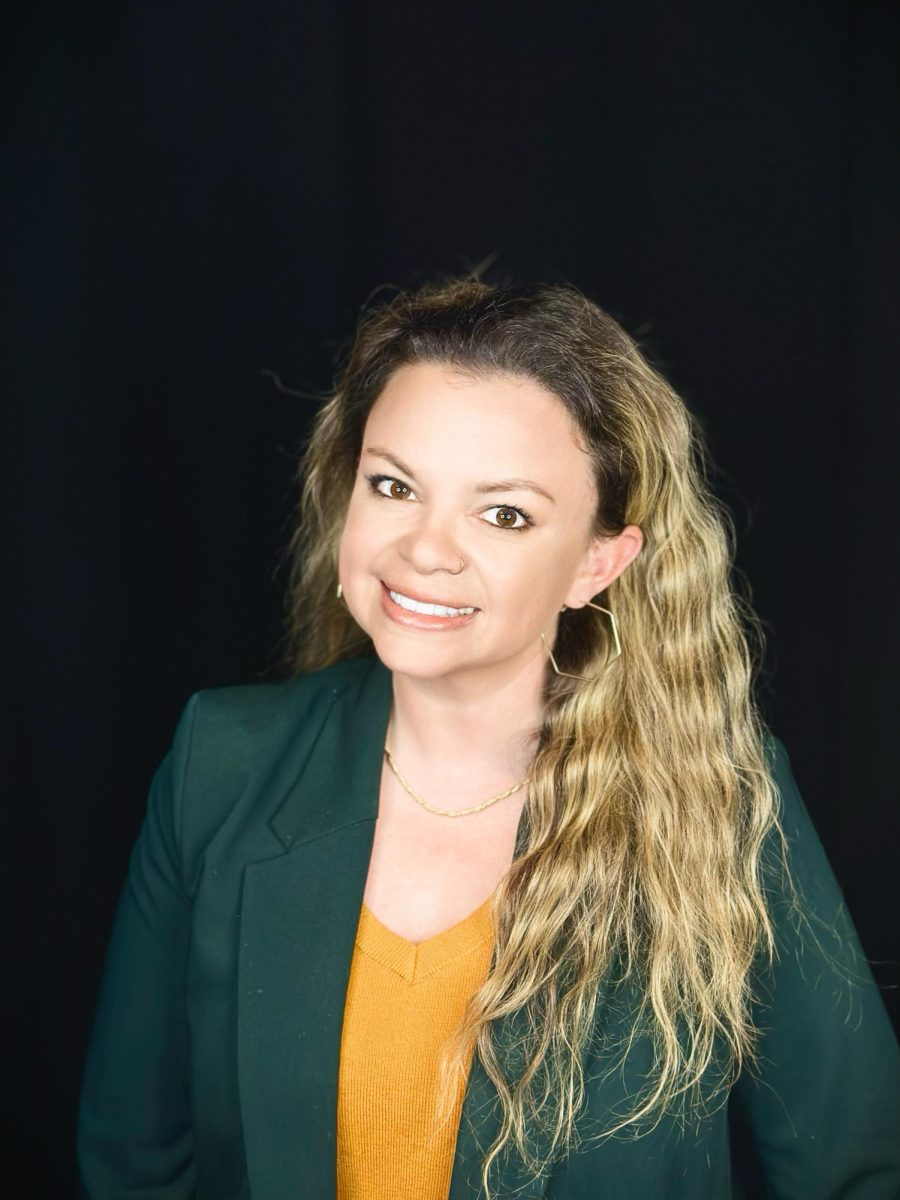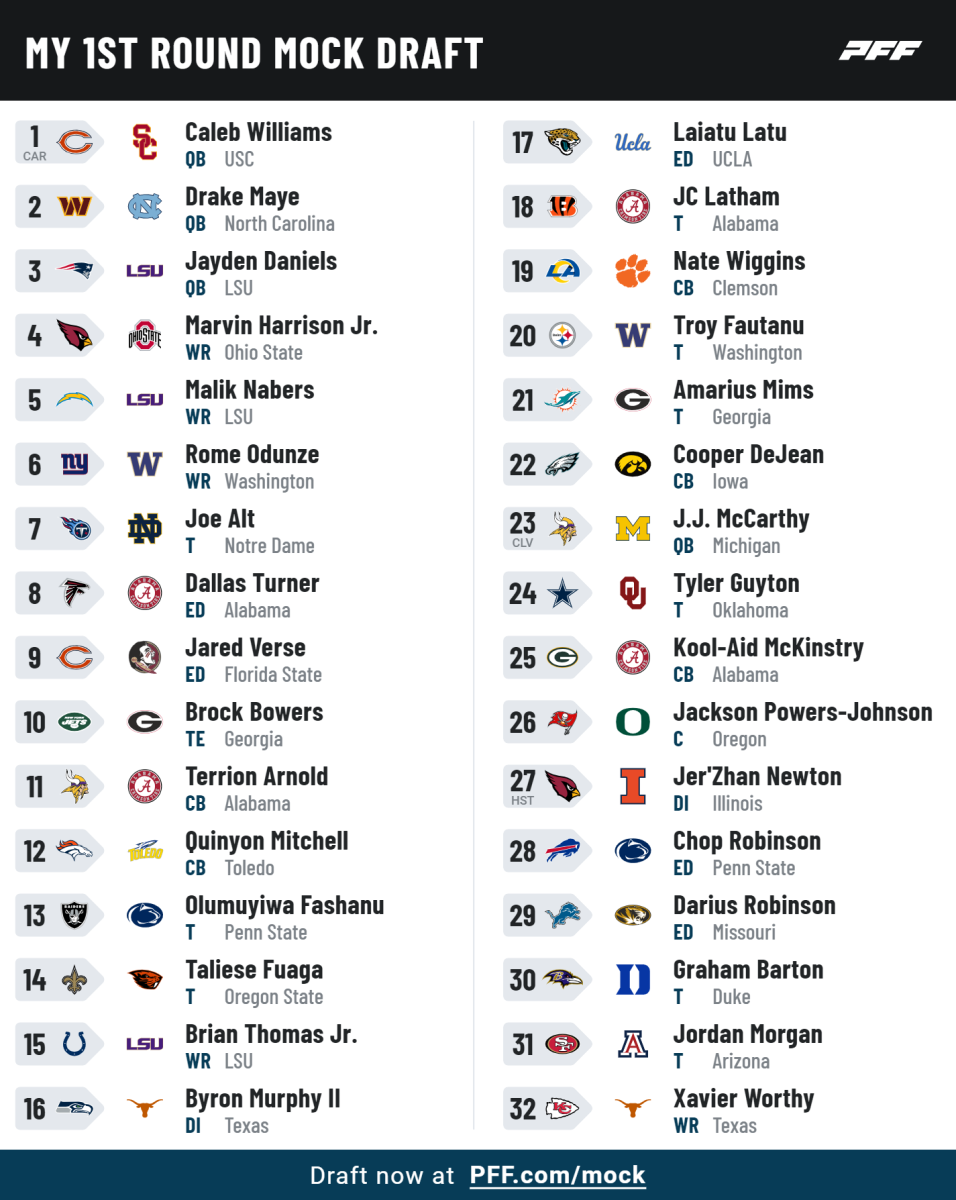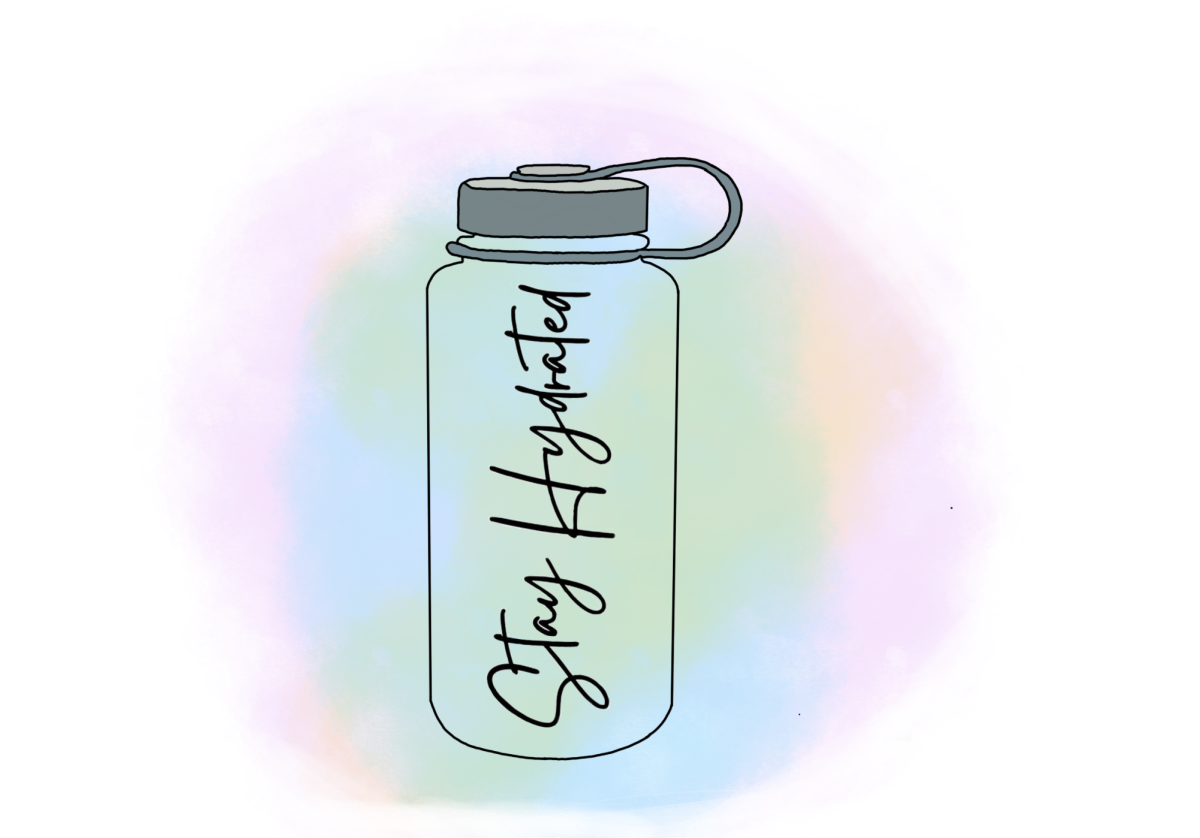The Hill School is going Green with the help of J.P. Mascaro and Sons, the company that collects the school’s waste. Materials Recovery for the Future (MRFF), an industry-sponsored research collaborative, chose Mascaro and the Borough of Pottstown as the site for their recycling pilot program. The new recycling program now allows people to recycle flexible plastic packaging (FPP), such as grocery bags, candy wrappers, chip bags, saran wrap, and more.
“Before this, we had single-stream recycling, which meant that anybody could recycle plastics, glass, aluminum, or paper,” said Brett Dioguardi, High Meadows Chair for Sustainability & Instructor of Science. “But now we can recycle even more, so things that used to have to be thrown away like Ziploc bags, bubble wrap, or grocery bags can now be recycled right in our bins on campus.”
The most important place to enforce this new program is where the greatest amount of waste is generated: The Dining Hall. Last week, Dioguardi explained to students at lunch and in the dorms that the napkin ball, comprised only of napkins, will now be carried out along with the uneaten food to be composted.
“J.P. Mascaro takes all of our food waste right now and they bring it into a facility in Pottstown called Arborganics, a commercial industrial composter,” Dioguardi said when asked about the leftovers and napkins. “They mix it with various food wastes and yard wastes and all kinds of things, and it gets turned into compost which is essentially fertilizer for farmlands, croplands, and gardens. The fertilizer is then sold.”
Plastic items like peanut butter and jelly sandwich wrappers, single-use packets, and chip bags will be placed in the recycling bins after lunch. These will then be transformed into new products.
“With this partnership, it’s Target, Walmart, Heinz, Unilever, and all these big names that work together with J.P. Mascaro,” Dioguardi said. “They’ve invested a lot of money on new machinery to process FFPs… The end goal is to turn that [plastic] into shipping pallets and shelves that may actually end up back at Target. You might see, ‘buy our chips from Target, these shelves come from the bags of the chips that you just bought from us.”
Even though it’s tricky to implement composting programs for all of Hill, all plastic materials can and should be recycled. Hopefully, this 2019 pilot will uncover the most efficient way to handle recyclables. As there is a growing market for FPP products, it could also prove that the recycling of FPPs is achievable and economically viable. This pilot is the first of its kind in the United States, so Pottstown and Hill’s participation in it could pave the way for the future of recycling in this country, and quite possibly, the world.

